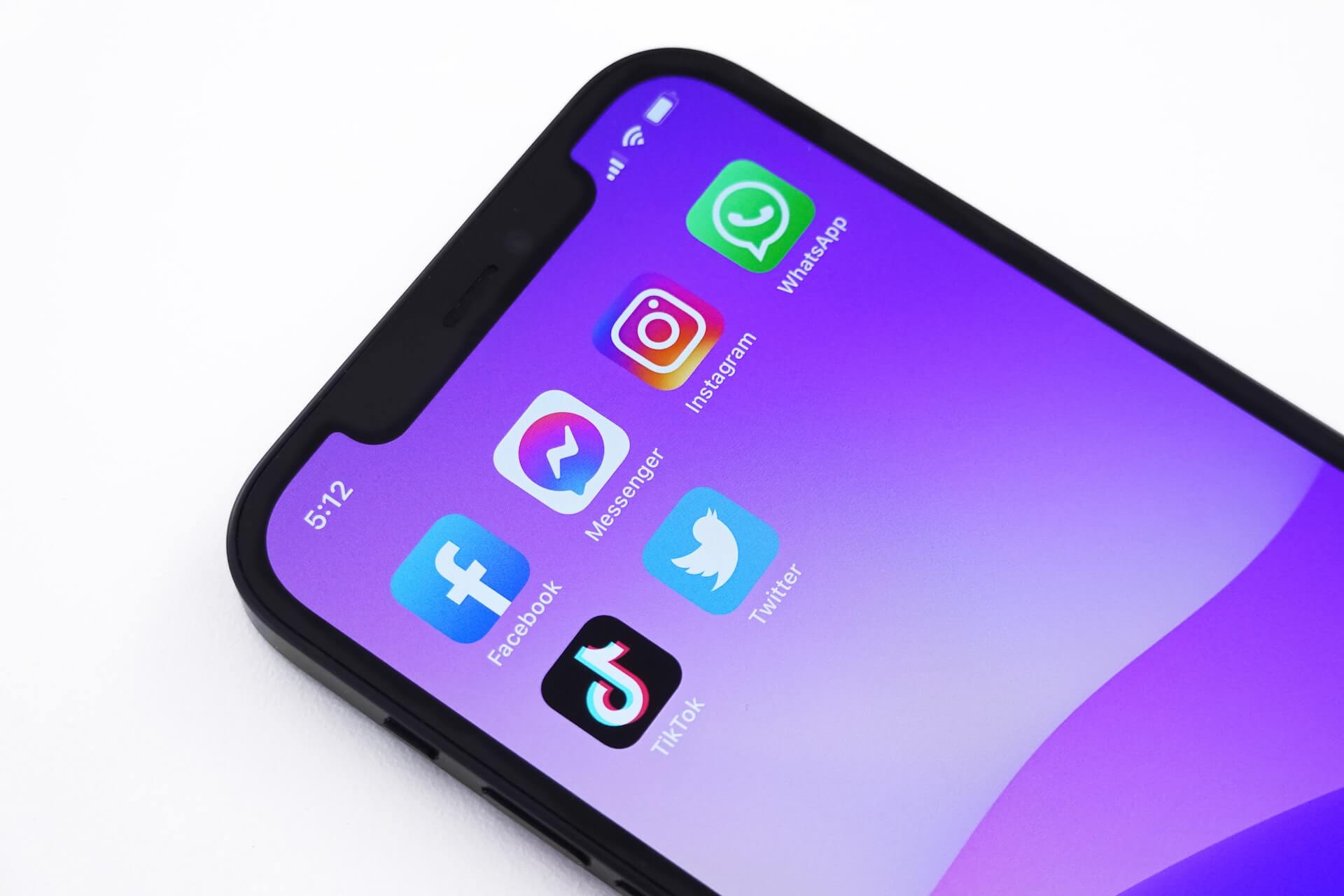Controversial topics can easily lead publications to the need for crisis management.
A Marie Claire writer has sparked a social media crisis for the magazine after a seemingly negative article about the “Big Six,” a group of leading women’s health and fitness bloggers, drew thousands of fans to their defense. Ragan’s PR Junkie blog has more details:
These “Big Six” bloggers write about their sometimes extreme exercise routines and strict eating habits–habits that the article’s author, Katie Drummond, suggested border on eating disorders. They might be a bad influence on their readers, the story said.
“But behind the [bloggers’] cutesy titles and sloganeering lies an arguably unhealthy obsession with food, exercise, and weight,” Drummond wrote.
A BlogHer post referred to the story as a “mean-spirited attack” on the Big Six.
That’s the overwhelming sentiment across social media platforms, where the backlash to Drummond’s piece has proven fast and furious. In only a handful of days, the story has sparked outrage in blogs, on Twitter, and on Marie Claire’s Facebook page.
If you look at Marie Claire’s Facebook page, it is absolutely covered in negative postings about the article, but any response from the magazine is suspiciously absent. The case is the same for Twitter. As we’ve seen in many other social media crises, declining to respond is one of the worst choices an organization can make. By delaying the inevitable mea culpa, Marie Claire is allowing reputation damage to pile up and increasing the likelihood of traditional media sources taking notice of the story.
——————————-
For more resources, see the Free Management Library topic: Crisis Management
——————————-
[Jonathan Bernstein is president of Bernstein Crisis Management, Inc. , an international crisis management consultancy, and author of Keeping the Wolves at Bay – Media Training.]
 Sections of this topic
Sections of this topic















